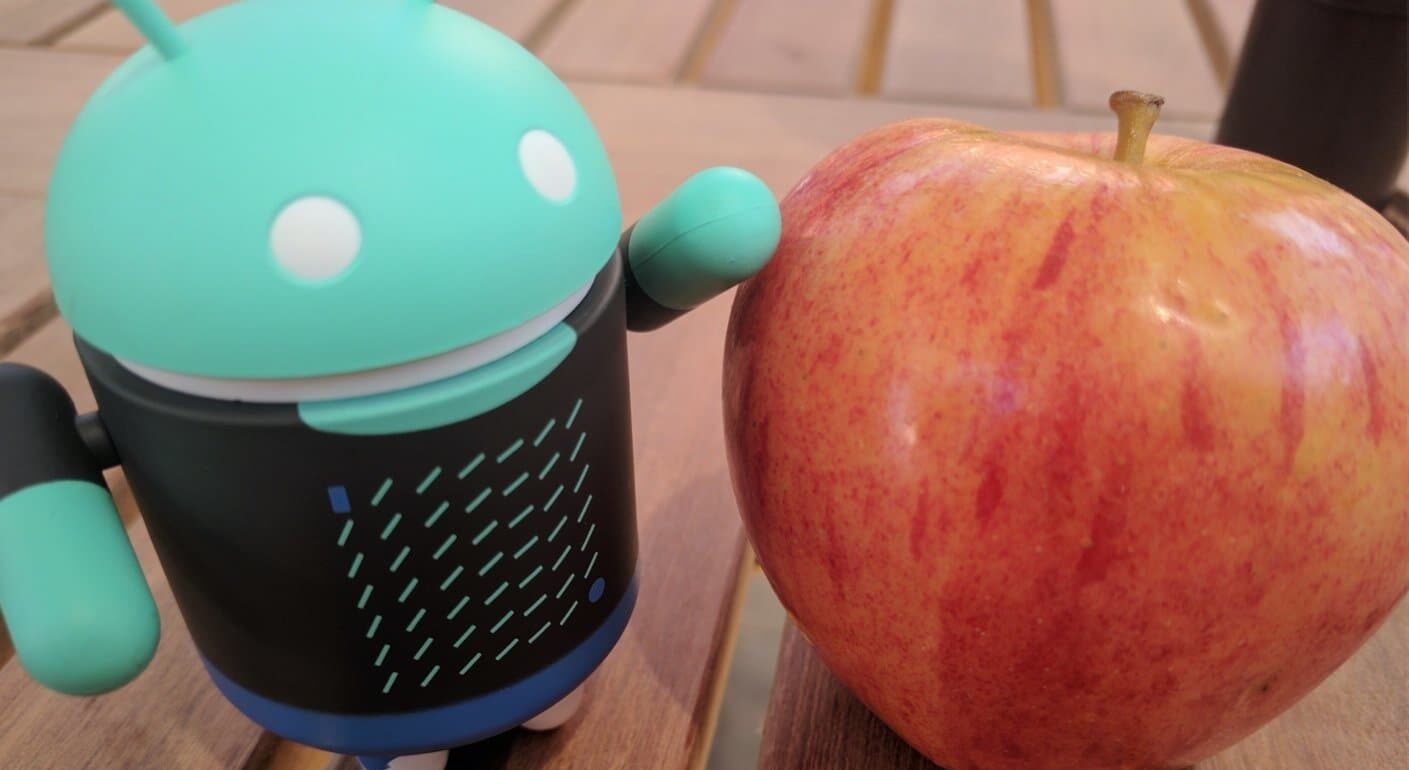Google Updates Play Store Algorithms To Reward App Quality
“Quality is not an act, it is a habit.”
App developers who favor speed to market as opposed to actual app quality could find themselves punished by Google.
Google has announced that developers submitting apps to the Google Play Store will need to focus on app stability and quality to get a high ranking. According to the Android Developers Blog, disgruntled consumers cite a lack of app stability and recurring bugs as reasons for leaving a negative review.
As a result, Google has tweaked the Google Play search and discovery algorithms to take into account the quality of the app itself. This enhancement means that higher quality apps—those that aren’t buggy, excessive battery drainers or frequent crashers—are more likely to be promoted by Google Play. The ultimate goal is to increase engagement and reduce uninstall rates, Google said.
“People enjoy using apps and games which meet their performance and quality expectations. Excessive battery usage, slow render times, and crashes, on the other hand, can be a source of frustration,” said Google Play’s product manager Andrew Ahn. “In fact, in an internal analysis of app reviews on Google Play, we noticed that half of 1-star reviews mentioned app stability. Developers who focus on app quality can see improvements in their rating, and ultimately their retention and monetization.”
Google’s Updated Algorithm Focuses On Quality
The decision by Google to roll out an algorithm that weeds out the bad apps comes at a time when global app downloads continue to defy the concept of peak app.
Mobile market intelligence company Sensor Tower’s latest quarterly report said that app downloads totaled 21.8 billion in the last financial quarter—a year-on-year increase of 15.3%. Google (as usual) took the lion’s share of these installs, with 15.3 billion installs spread over the plethora of Android devices.
See also: App Store Optimization 101: Best Practices For App Discovery
With that in mind, TechCrunch reported that Google has a number of so-called quality signals that will determine how an app is ranked in the Play Store. For example, the company will take into account no-brainers such as app crashes, battery drain and the number of uninstalls that an app has. Higher quality apps will be ranked accordingly by Google’s updated algorithm, even if the number of installs has pushed an unstable app to a position it doesn’t deserve.
Developers who want to monitor app performance can access the Play Console to identify and fix quality issues. These tools include Android vitals—a post-install app performance indicator—and a pre-launch report drawn from alpha and beta testing cycles. In addition, app developers should also pay close attention to ratings and reviews to get real-time insights from the people who use the app, said Google.
“Google Play strives to help people find and discover safe, high quality, useful, and relevant apps,” Ahn said. “By focusing on the quality and performance of your app, you’ll find more success on Google Play.”
